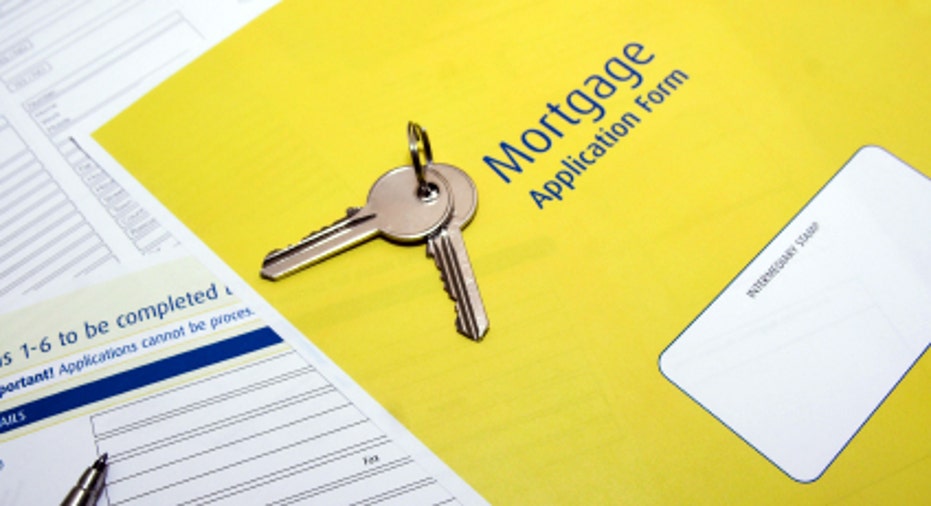Pay off My Simple-Interest Mortgage Faster?

Dear Dr. Don, I would like to pay off my mortgage to save on the interest expense. I currently owe $58,222.42 on a mortgage with 5.875% simple interest. The monthly payment is $603.38, with the loan maturing in March 2027. I have been paying $900 monthly for several months, and that has reduced the loan balance from $60,563.95 in May to the current loan balance. What would you recommend to pay it off faster?
Sincerely, -- Jerry Jump-start
Dear Jerry, In communicating with you, I learned that the original loan amount was $90,000 when you closed on the home in March 2002. You indicated you had no plans to sell the home and its current market value is about $103,000. You estimated your credit score is in the low 700s, in part because of losses from your rental properties.
I asked for more detail to try to determine if it was possible to refinance the home. Bankrate's current national average for a 15-year fixed-rate mortgage is 2.88%. Bringing down your mortgage rate by 3 percentage points, combined with shortening the loan term to 15 years, could do a lot to pay off the loan faster and reduce the total interest expense.
Since you have no plans to sell the place, it's worth exploring the possibility of refinancing the home, though closing costs will play a role in that decision. My concerns are in how your credit score will impact the mortgage rate.
If refinancing isn't an option, then paying down your loan faster comes down to the timing of your mortgage payments and making additional principal payments on your mortgage.
A simple-interest mortgage charges daily interest instead of monthly interest. When the mortgage payment is made, it is first applied to the interest owed. Any money that's left over is applied to principal.
With a simple-interest home loan, there's no grace period built into the mortgage payment. Every day you wait to make the payment costs you a day's interest on the loan balance. With a simple-interest mortgage, you want to pay on or before the due date so you don't rack up additional interest expense.
Making additional principal payments reduces the loan balance with a simple-interest mortgage, as it does with conventional mortgage financing. The difference is that any additional payment toward the principal on a simple-interest mortgage doesn't reduce the loan balance until the date the payment is made. So paying early helps reduce the interest expense and boost the amount of money going toward paying down the loan.
Additional principal payments made on a conventional mortgage typically reduce the month's beginning balance, bringing down the interest expense for the entire month.
Get more news, money-saving tips and expert advice by signing up for a free Bankrate newsletter.
Bankrate's content, including the guidance of its advice-and-expert columns and this website, is intended only to assist you with financial decisions. The content is broad in scope and does not consider your personal financial situation. Bankrate recommends that you seek the advice of advisers who are fully aware of your individual circumstances before making any final decisions or implementing any financial strategy. Please remember that your use of this website is governed by Bankrate's Terms of Use.
Copyright 2012, Bankrate Inc.



















